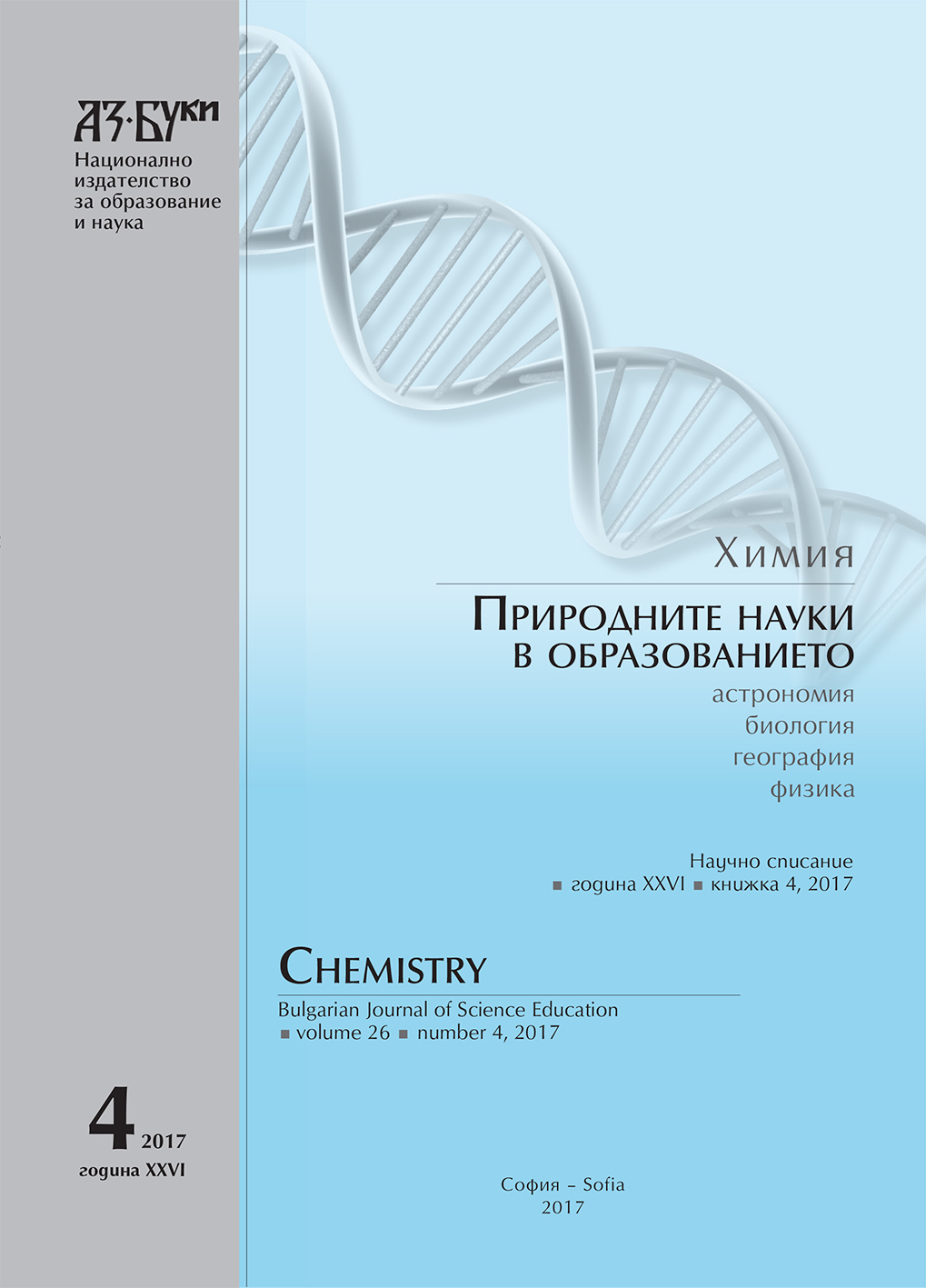Интелектуалната рефлексия на 15 – 17-годишни ученици
в обучението по „Биология и здравно образование“: Нива и тенденции на развитие]
The Intellectual Reflection of 15 – 17 Year-Old Students in the Teaching of “Biology and Health Education”: Levels and Trends of Development
Author(s): Isa Hadjiali, Teodora KolarovaSubject(s): Social Sciences, Education, Sociology, School education, Vocational Education, Higher Education , Social development, Family and social welfare, Sociology of the arts, business, education, Inclusive Education / Inclusion
Published by: Национално издателство за образование и наука „Аз-буки“
Keywords: cluster analysis; high school biology education; intellectual reflection; levels of intellectual reflection; reflective approach
Summary/Abstract: The study was aimed at identifying possible levels at which the intellectual reflection manifests in secondary students from grade 9th to 11th and trends in its development during a three-year experimental teaching in „Biology and health education“. The methodological basis of the study is the conception of reflective approach which is specified to educational technology for the purposes of organized training. The diagnostic tools include three cognitive test with a reflective end. Through them we measured two main characteristics of the intellectual reflection: productivity (focusing on the students’ knowledge transition in familiar and unfamiliar contexts) and awareness of the reflection (focusing on the students’awareness of the own strategies for solving learning tasks). According to the intensity with which they occur in the process of learning and using the SPSS 13 software, the students were separated in four cluster groups: K 1 (zero productivity in solving reflective tasks and unawareness of the own cognitive strategies), K 2 (low productivity and medium level of awareness of the own cognitive actions), K 3 (medium productivity and high awareness of the own cognitive actions) and K 4 (high productivity and high awareness of the own cognitive actions). The cluster analysis of the survey results is a ground for drawing out some major trends in the development of intellectual reflection in the context of experimental teaching: (1) The most highlighted are the transitions from low to medium level of productivity and of medium to high level of awareness of the reflection; (2) The high productivity and high awareness of the reflection most often occur simultaneously in the learning of biology.
Journal: Химия. Природните науки в образованието
- Issue Year: 26/2017
- Issue No: 4
- Page Range: 487-497
- Page Count: 11
- Language: Bulgarian
- Content File-PDF

